Keywords: We Are The World
There are more than 200 results, only the first 200 are displayed here.
-
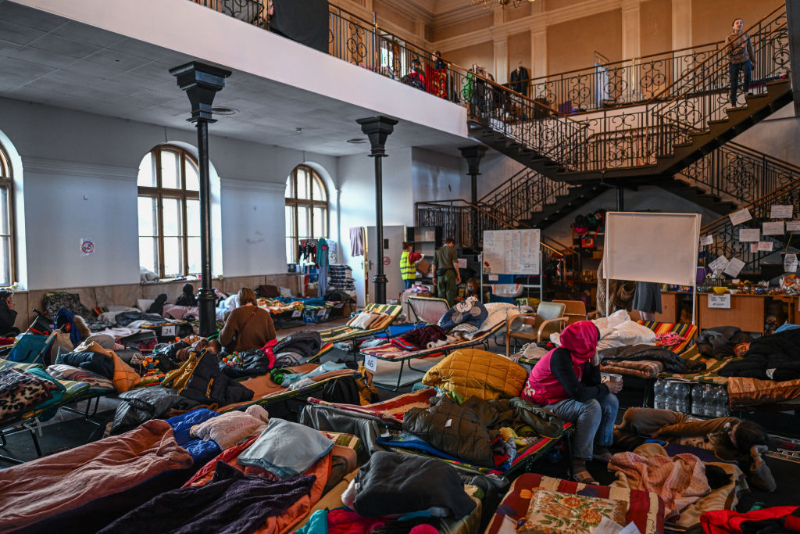
INTERNATIONAL
- David Treanor
- 28 March 2022
5 Comments
As this conflict unfolds, many governments commit necessary life-saving support for vulnerable people. However, these measures may not reach all citizens and groups, at least equitably. These include frail aged persons, children traveling without parents and those who live an intellectual and developmental disability (IDD).
READ MORE 
-
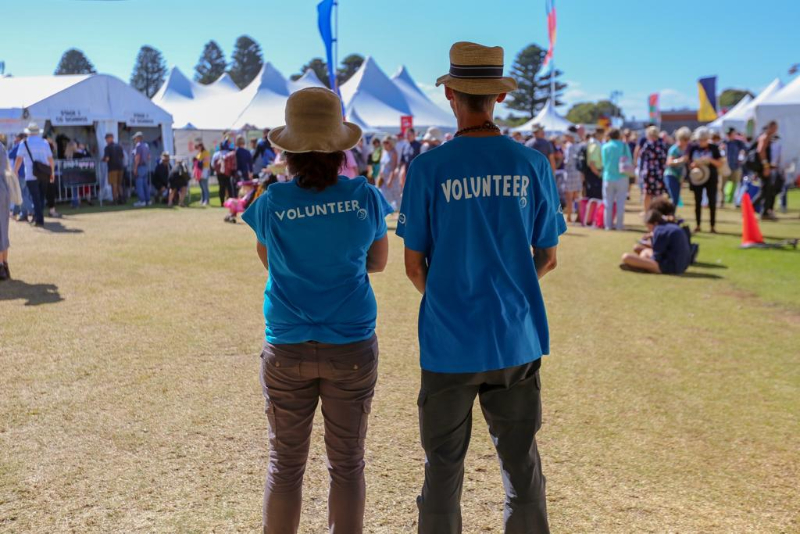
AUSTRALIA
- Julian Butler
- 22 March 2022
4 Comments
Part of what makes community is what distinguishes community, what sets it apart. It might be an interest in music, or sport, a neighbourhood or a set of values or practices. Initially, at least, the extent to which we identify with the community will depend upon the extent to which those things that define or characterise it are important to us.
READ MORE 
-
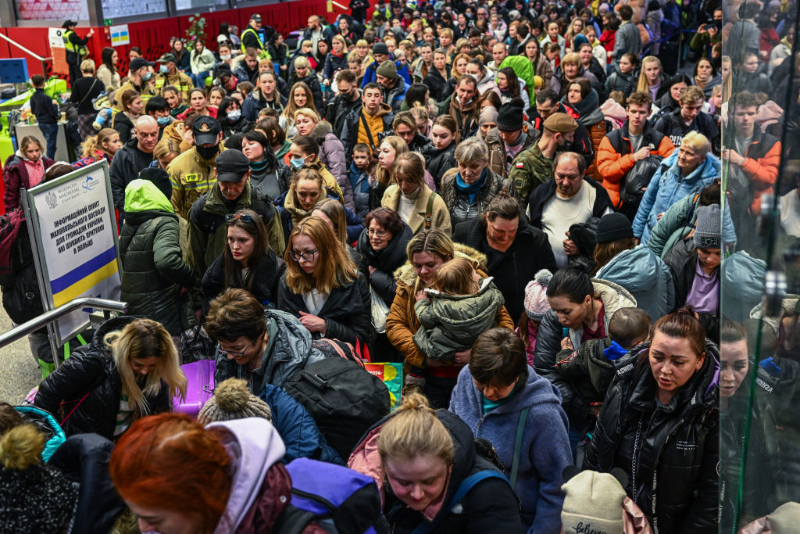
AUSTRALIA
- Binoy Kampmark
- 21 March 2022
12 Comments
While Australia has developed into a multi-ethnic, cosmopolitan state based on immigration and humanitarian intakes, the country has never gotten away from the sense that some are simply more welcome than others. Be they migrants, refugees, or asylum seekers, preferential treatment abounds.
READ MORE 
-

AUSTRALIA
- Barry Gittins
- 21 March 2022
6 Comments
Like the trusting frog, voters have in the backs of their minds the inkling that when a government achieves power, they lavish time, energy and resources on staying in power. Promises are non-core, or open to interpretation, or de-prioritised as new issues bob up to the surface.
READ MORE 
-
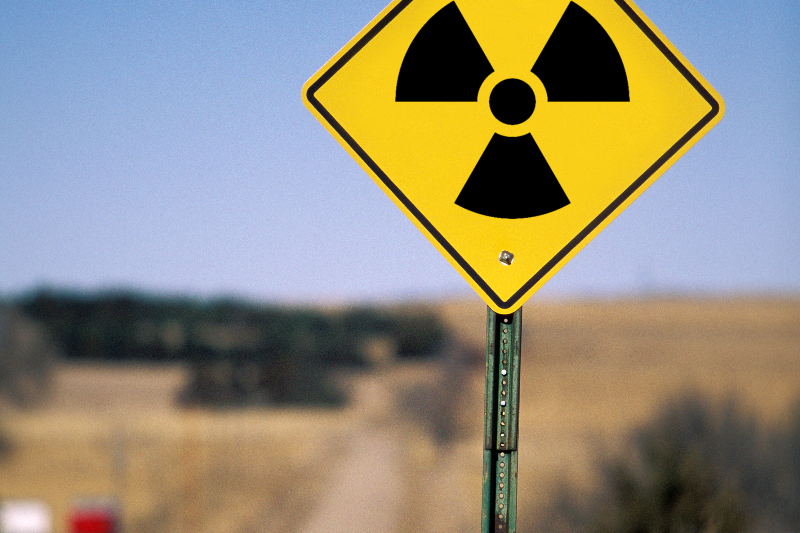
ENVIRONMENT
- Michele Madigan
- 15 March 2022
12 Comments
The long conflict between the federal government plan for a national radioactive waste facility in South Australia and the opponents of the plan has continued to escalate in the past months. On 19 November, Kimba on SA’s Eyre Peninsula was declared South Australia’s Agricultural Town of the Year. Notwithstanding this significant honour, on 29 November the federal Minister for Resources Keith Pitt finally made the formal declaration that Napandee in the Kimba district was the chosen site for the proposed federal radioactive waste dump.
READ MORE 
-
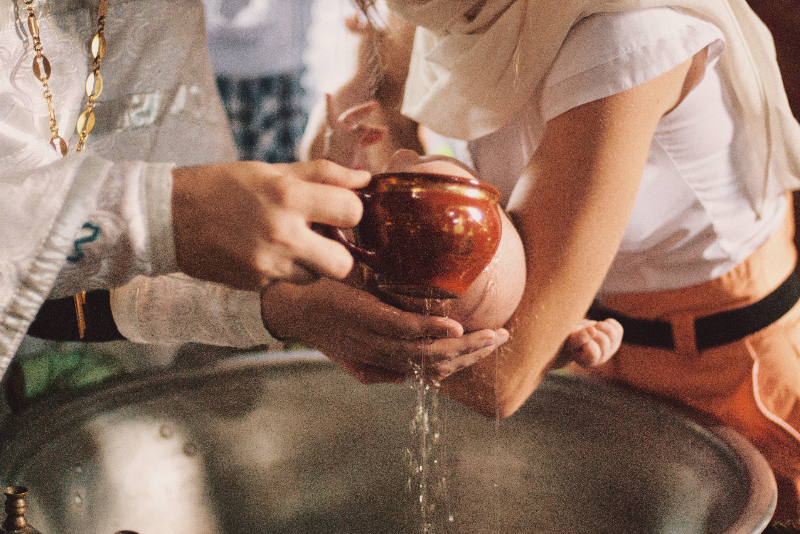
RELIGION
- Andrew Hamilton
- 24 February 2022
44 Comments
A local event in the United States Catholic Church has recently aroused interest in Australia. A Bishop declared to be invalid (non-existent and without effect) baptisms celebrated over twenty years by a priest of his diocese. As a result people baptised by the priest will have to be properly baptised. Although the issues raised by this event are specific to the Catholic Church it raises broader questions of how any group should respond to behaviour considered deviant.
READ MORE 
-
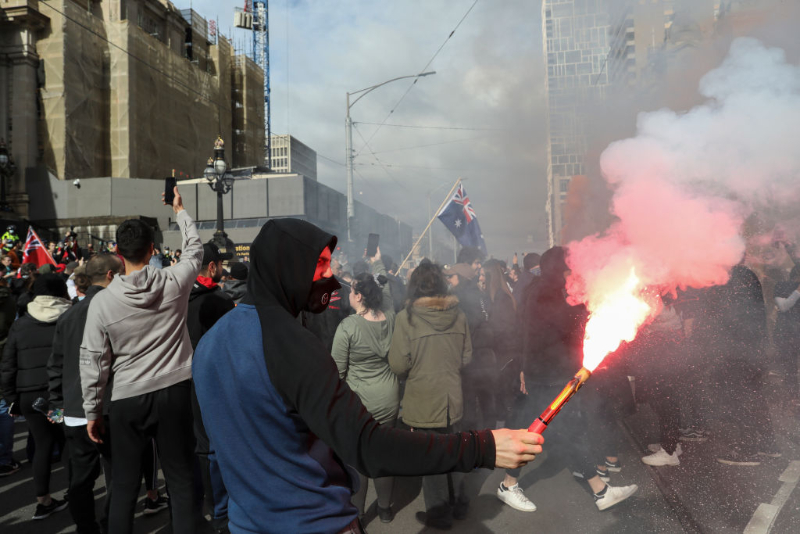
AUSTRALIA
- Ben Rich
- 17 February 2022
11 Comments
Today we see a resurgence of digital tribalism, a glorification of disingenuous engagement online and humiliating those of a different perspective. Everywhere we see simplistic and belligerent narratives of ‘us versus them’ over more nuanced explanations that might impart a greater sense of shared humanity and common purpose. So what happened?
READ MORE 
-
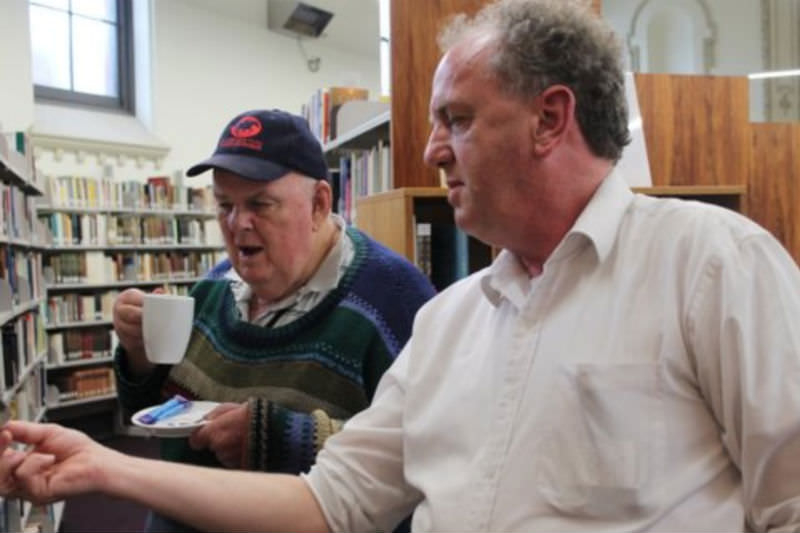
ARTS AND CULTURE
- Andrew Hamilton
- 14 February 2022
6 Comments
Philip Harvey has been poetry editor of Eureka Street since its early days. Now he has decided that it is time for him to step down from his position in favour of a younger editor. I appreciate the thoughtfulness and generosity of his decision though I feel deeply his loss to us. And I am grateful to him all that he has given to Eureka Street of his skills and of himself, all on an almost honorary basis.
READ MORE 
-
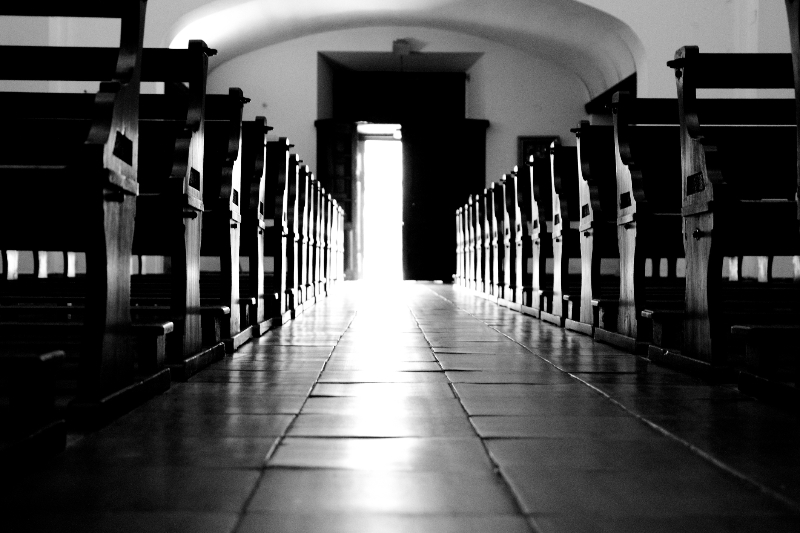
RELIGION
- John Warhurst
- 10 February 2022
37 Comments
The Church in Australia has taken a step towards greater transparency with the release by the Australian Catholic Bishops Conference (ACBC) of its first ever Annual Report-this one for the 2020 year. This step is welcome, but there is more to be done. Synodality and co-responsibility presumes that those who are walking together have equal access to information upon which to discern the future of the Church at all levels.
READ MORE 
-

RELIGION
- Jānis (John) T. Ozoliņš
- 03 February 2022
40 Comments
As if the Covid-19 pandemic has not been testing enough, modern life has never seemed more difficult than it does at present. We are bombarded on all sides by masses of information, misinformation, expert opinions, and the relentless, strident voices of social media browbeating us into accepting the dogmatic conclusions of leading influencers.
READ MORE 
-
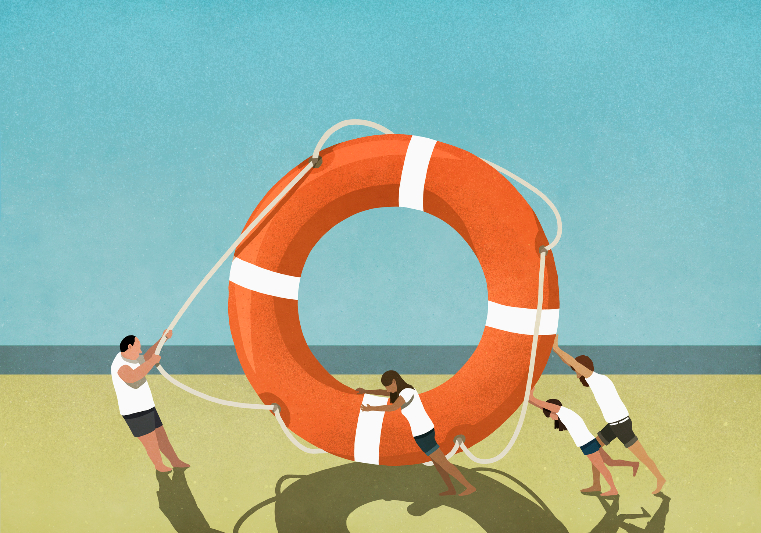
AUSTRALIA
- Greg Craven
- 25 January 2022
53 Comments
One reasonably could ask whether this is the moment to write a book about the potential of Catholic Social Theory to contribute to Australian politics and policy. After all, the Church is still struggling to come to terms with decades of child abuse, hardly a recommendation for social potential. We currently also are attempting to make sense of a Plenary that is both confused and confusing.
READ MORE 
-
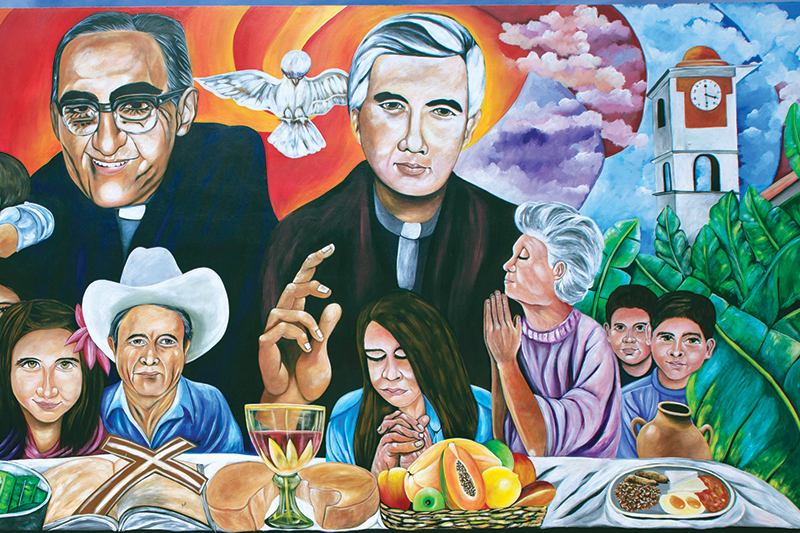
RELIGION
- Andrew Hamilton
- 20 January 2022
6 Comments
On the fifteenth anniversary of Rutilio Grande’s death, I went to a memorial celebration in Aguilares. This crossroads town was the centre of the Jesuit local mission of which Grande had been part. I had already been struck by the affection with which everyone spoke of Rutilio Grande. In a society where any ministry to people who were poor exposed one to constant danger, it was natural to become hardened in order to survive. Rutilio Grande, however, was remembered and treasured for his vulnerability.
READ MORE 